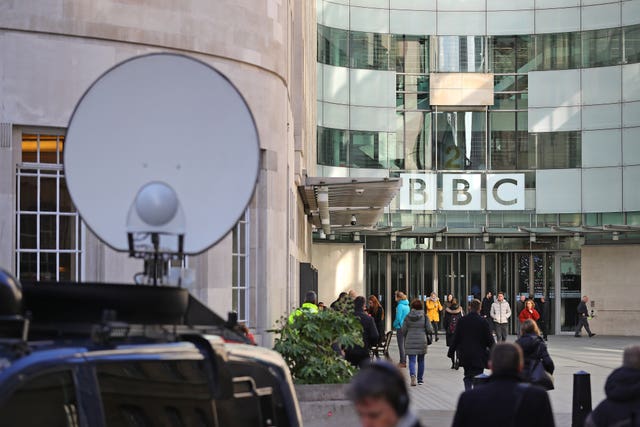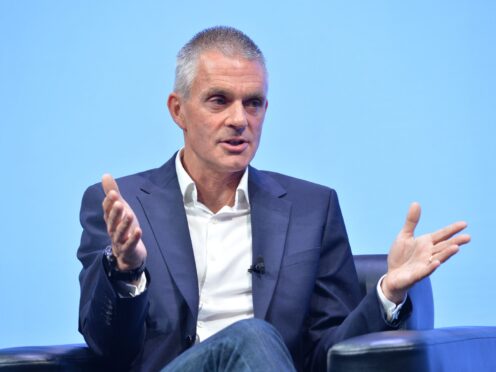The director-general of the BBC has pledged to ensure the broadcaster’s comedy programmes are not “neutered” by a desire to “play things safe”.
Tim Davie said comedians and other panellists should not be “fenced into limited creative spaces” where audiences are safe from offence.
Writing in the Daily Telegraph, Mr Davie warned the UK risks developing a climate in which debating issues and sharing views is seen as “simply too risky”.

He said: “We need to ensure that genres such as comedy are not neutered by a desire to play things safe.
“We all know there are limits, and that a routine fuelled by gratuitous unpleasantness is unfunny, but we should not be fenced into limited creative spaces where no one can take any offence.
“Of course, we cannot succeed unless we meet the very highest standards of editorial impartiality. That’s why we have made this our first priority.
“Over the past year we have issued guidance to staff, and established new rules for declaring external engagements.
“We have cracked down on inappropriate social media use and made clear to staff that, if you want to be an opinionated journalist or partisan campaigner, the BBC is not for you.”
Mr Davie, who took over from Lord Tony Hall in September 2020, announced the BBC would commit more space to programming that “actively explores different points of view” and place more focus on its fact-checking and reporting of misinformation.
“At the same time, we are announcing significant measures to ensure we review and track our progress,” he said.
“We will fight to ensure there are unbiased, open and transparent spaces in which views can be shared and the facts count.”
In his piece, Mr Davie also referenced research from the BBC regarding self-censorship and freedom of speech.
The new Culture Secretary, Nadine Dorries, recently criticised the corporation’s “elitist” approach and “lack of impartiality” and suggested the BBC may not exist in a decade’s time.
However, Prime Minister Boris Johnson later said the broadcaster “will be around for a long time to come” and that it was a “great national institution”.
